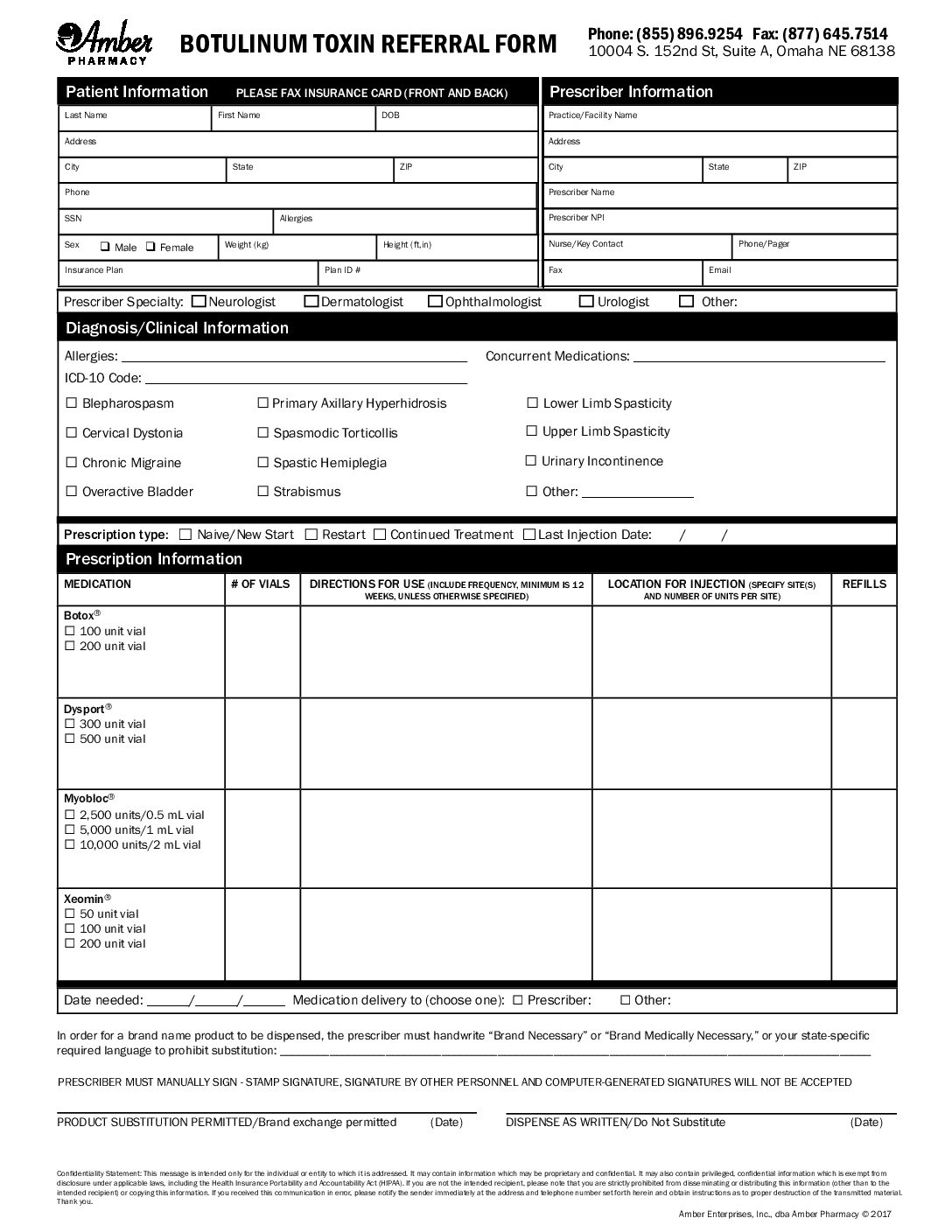Important Updates To Medicare: A Message To Pat...
Blog
Coping with a Chronic Diagnosis
- January 16, 2018
- Amber Specialty Pharmacy
- Health Tips

Chronic diseases affect a large number of people – about 40 million Americans are limited in their usual activities due to one or more chronic health conditions, according to the National Health Council.
Being diagnosed with a chronic illness is a life-changing moment and can put you on an emotional rollercoaster. You may ask “why me?” or “what did I do to cause this?” As a Certified Case Manager, I have worked with several patients who have come to terms with a chronic diagnosis. Even though facing a new illness can be scary, I have some strategies to help you cope.
The first thing you should do is face the reality of your diagnosis. Denial won’t make an illness go away. But how do you face your illness? I advise writing down any questions you have in a journal. Bring this journal with you to appointments and don’t be afraid to ask your doctor these questions.
Doing some research about your condition will also help you better understand it. Make sure you are only reading current and reliable information. Ask your healthcare team which organizations are reputable and have quality resources to learn from.
Being diagnosed with a chronic illness may make you feel like you’re losing control of how you feel, your daily routine, your relationships or your career. Even though it may seem like you have no control, in reality, you do. You can control your diet, exercise and how much you rest. Having control of these main pillars of wellness will help you feel better physically and emotionally. Wellness is important for everyone, but especially if you’re managing a chronic illness.
You should also be aware that you have a new normal. A chronic illness may mean that you take medication at certain times each day or that you follow a certain diet. In time, these changes will become normal. Your condition doesn’t have to define your daily routine; it just becomes incorporated into your routine.
You should also remember that your condition doesn’t define you. It’s not who you are. Letting an illness define or consume you can lead to anger and frustration. Continuing to do the things you enjoy and managing the things you can control will help you keep your sense of self.
I can’t stress enough the importance of having open communication. This includes communicating with your care team and your loved ones. Open dialogue with your care team will help you understand your condition and your treatment plan. It also builds trust. You can learn three strategies for improving communication with your medical team in my earlier post.
Illness can create strain in relationships, making clear communication with loved ones important. Share how you feel and how your loved ones can help you. Recognize your true feelings and work with family and friends on coping with feelings of stress, fear, sadness, anxiety and helplessness. Never be ashamed to ask for help. This may include help with transportation, meals, yard work or simply asking someone to listen. Seek support from those around you – including your friends, family or church community. I also advise seeking professional help if you need it.
Being a caregiver for a loved one who has a new diagnosis is difficult as well. If you are a caregiver, it’s important to take care of yourself. Self-care will help you be your best self for the person you’re caring for. Try some of my self-care tips for caregivers.
Hearing you have a long-term health condition can be overwhelming, but in time, you will adjust to a new normal. In the early days of your diagnosis, remember to ask questions, research your condition and ask for help if you need it. Remember, you don’t have to go through it alone.
Meet the Author
Kris Admire, CCM, is a board Certified Case Manager. She works directly with Amber Specialty Pharmacy patients and caregivers to assist with their psychosocial needs and provides educational resources and supportive care services. Kris brings a rich and diverse background of healthcare experiences to her role and over 20 years of professional service. She is passionate about her work in direct patient care and is active in a variety of professional groups and organizations including the Case Management Society of America (CMSA), the Oncology Nursing Society (ONS) and the American Medical Writers Association (AMWA). Kris received her Bachelor’s degree in Allied Health Services from the University of Northern Iowa and attended the University of Missouri Columbia for graduate studies. When she’s not spending time with her two dogs, family or friends, Kris enjoys writing and walking. She also plays the violin and is an avid reader.
This information is intended for educational purposes only. The material is not a substitute for professional help or medical diagnosis. It is important that you consult a medical professional if this information leads you to believe there is a concern for you or your patient(s). The diagnosis and treatment of all physical and/or psychological disorders requires a trained professional.



